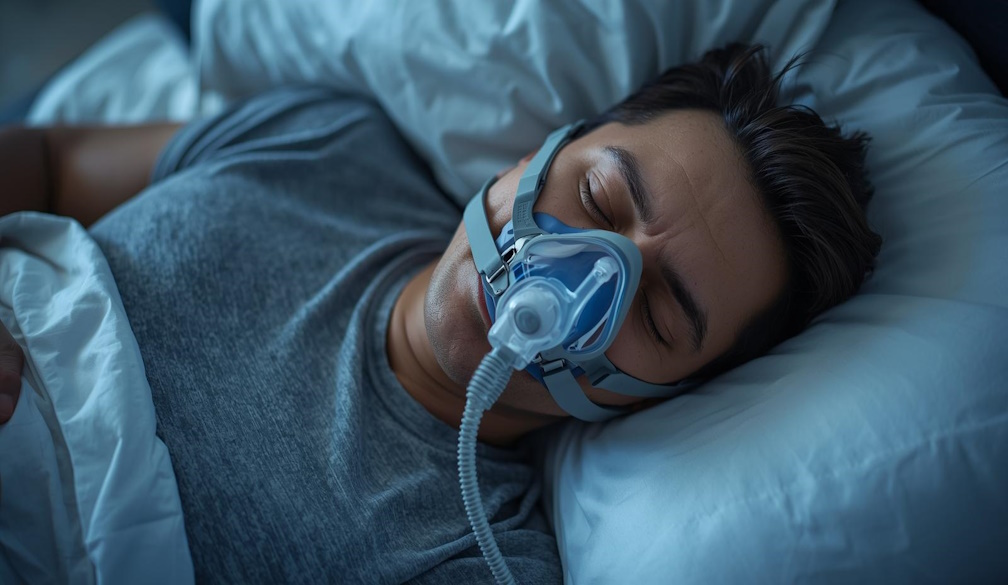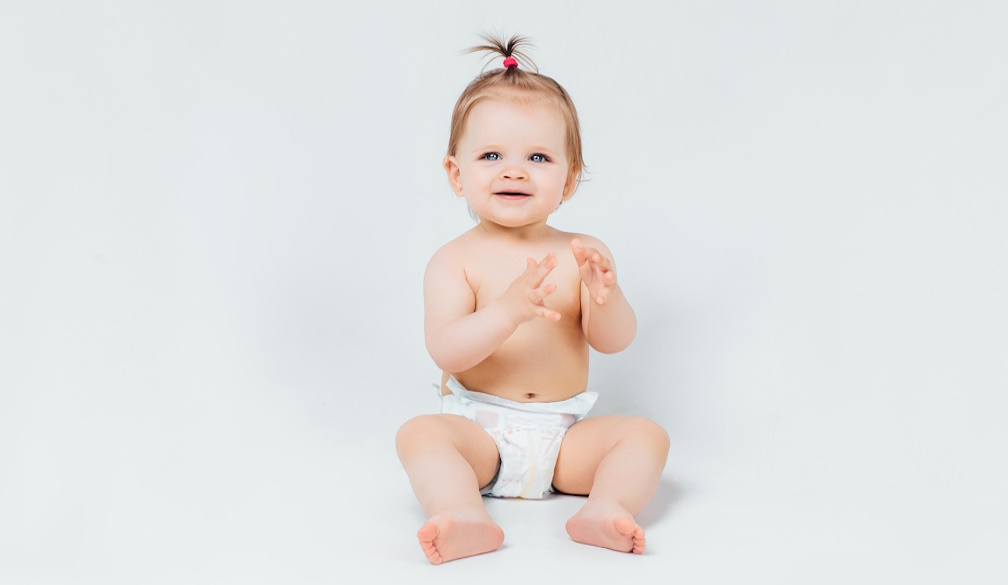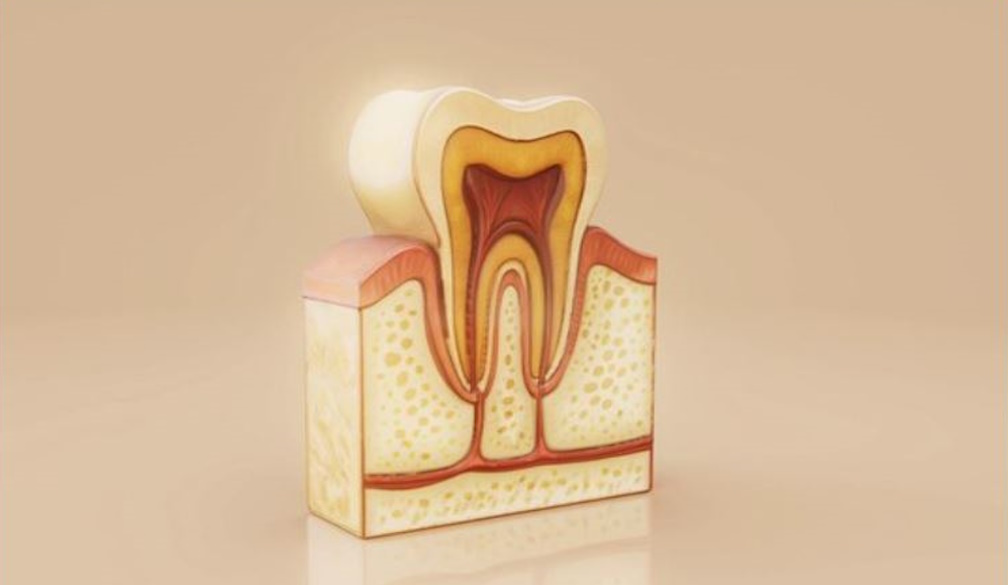Educating children about good hygiene is key to helping reduce future health threats
- Written by PR Newswire
LONDON, Oct. 22, 2021 /PRNewswire/ -- The COVID-19 pandemic has heightened awareness globally of the role that hygiene measures like handwashing can play in infection prevention.
Handwashing at high-risk moments is a proven and cost-effective way of reducing common infections by up to 50%. Research by University College London shows a decline in handwashing compliance, with 44% of adults always washing their hands with soap and water in July 2021, compared to 55% at the end of 2020.
Community settings, such as schools, provide multiple opportunities for the spread of infections but many schools fail to teach the benefits of hygiene in helping to prevent illness. A survey conducted by The Global Hygiene Council highlights the need for improved hand hygiene education among primary school children, with 40% of primary school children not always using soap to wash their hands and 47% wrongly believing that clean looking hands are germ free.
New research published in BMC Public Health highlights that the time is "ripe" to drive hygiene interventions in primary schools to increase handwashing behaviours and reduce the transmission of infections.
Lead author Kelly Schmidtke, Warwick Medical School, comments: "Behavioural interventions help to change people's immediate behaviour for the better whilst encouraging long-term habit formation. By improving handwashing education and habits in children, absenteeism rates in schools and time taken off work by parents and teachers can be reduced."
Health bodies are warning of an impending "triple threat" from seasonal viruses; recurrent COVID-19 surges and spikes in seasonal flu levels and respiratory syncytial virus (RSV) infections amongst children. It is vital that handwashing behaviours improve, to reduce the spread of infections.
Reckitt's Banega Swachh India is an example of a successful school's hygiene education programme. Running since 2014, the programme has delivered essential hygiene education to over 20 million children in India.
Research from Warwick Medical School has enabled Reckitt to create The Hygiene Quest - a new global hygiene behaviour change programme providing schools with a fun hygiene curriculum to drive education and improve the health of children and their families.
With infectious disease outbreaks more likely in the years up to 2030, it is vital that hygiene education is leveraged within schools to protect health for generations to come.
Read more https://www.prnasia.com/story/archive/3548209_AE48209_0













